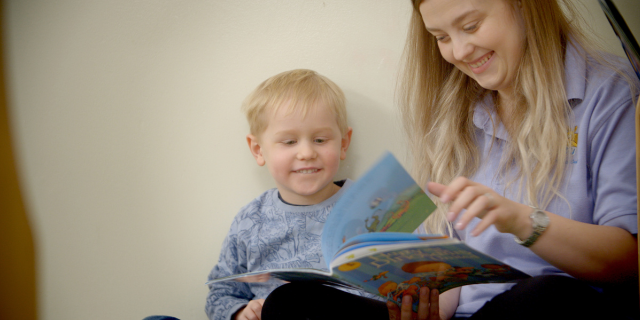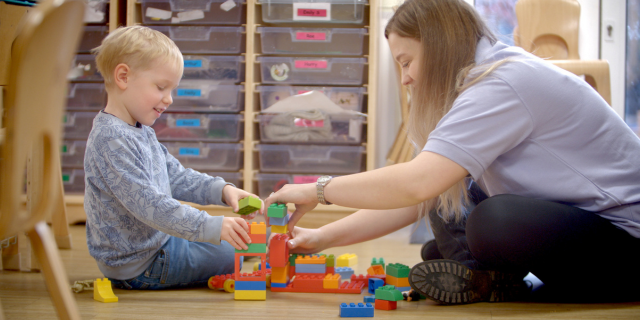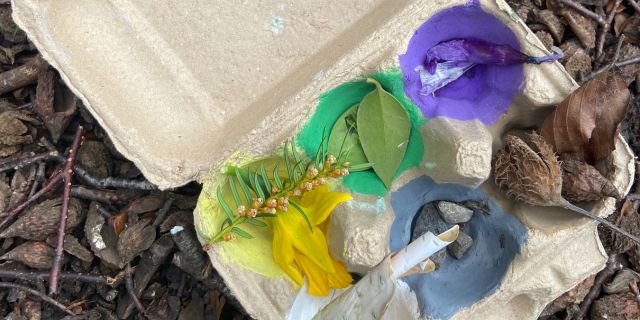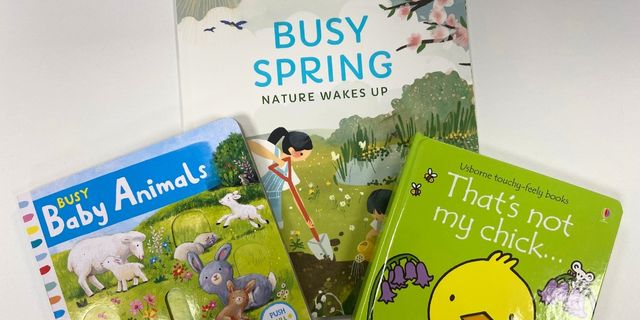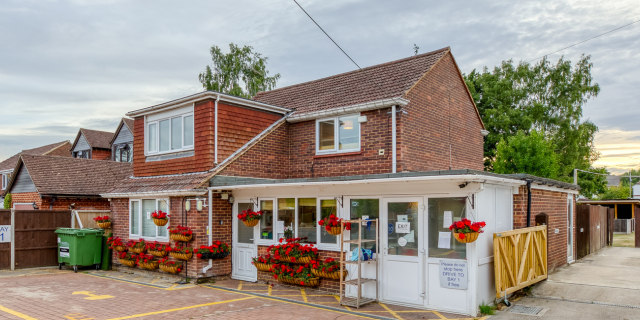School Readiness at Home
School Readiness Programme: I can communicate with others
School Readiness at Home
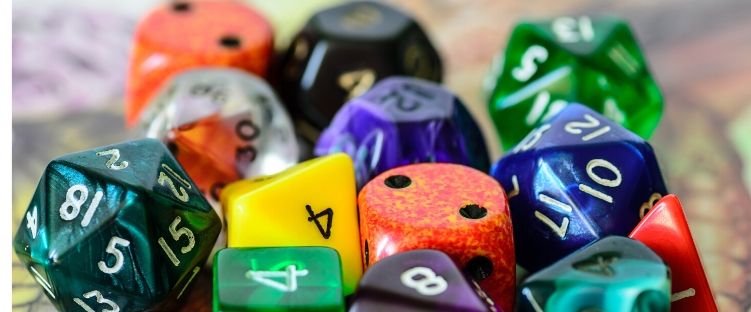
At Kiddi Caru Day Nurseries Group, the children take part in a high-quality communication, language and literacy development programme, produced and approved by the Department for Education, called Letters and Sounds, which is designed to promote their learning through a play-based approach.
Within our preschool rooms we focus on Phase One of this programme, using a wide range of multi-sensory activities to promote listening and speaking skills. When engaging in these planned, adult led activities your child will be encouraged to attune into sounds, listen, confidently talk about what they see and hear and increase their vocabulary.
Children’s spoken language supports reading and writing
From a very early stage, children develop an awareness of the different sounds in our spoken language. They learn to use their voices to communicate with you and to let people know what they need and how they are feeling. As parents and carers you best understand your child’s communications; you are key people in helping them develop their speaking and listening skills.
Children need lots of opportunities to talk with others as they develop and practise their speaking and listening skills. This helps to build their confidence and improves their ability to communicate with other people. This is an important part of learning to socialise and will help your child feel confident when the time comes to make friends.
In order to make a good start in reading and writing, children need an adult to talk with and listen to them.
Everyday activities such as preparing meals, tidying up, putting shopping away and getting ready to go out offer you the chance to talk to your child, explain what you are doing. They will hear the way language is put together into sentences for a purpose.
Books are a rich source of new words for your child – words you would not use in everyday conversations appear in books. Children need to have a wide stock of words (vocabulary) to understand the meaning of books – so read aloud and share books as often as you can. They will enjoy it and it will be useful to them when they come across these words in their own reading later in life.
- Make time to listen to your child talking – as you walk, or travel home by car, in the supermarket as you shop, at meal times, bath times, bedtimes – anytime!
- Switch off the TV, radio and mobile phones – and really listen! You will also be teaching your child how to listen; really important when you want them to listen to you.
- Show that you are interested in what they are talking about – look at your child, make eye contact, smile, nod your head, ask a question or make a response to show that you really have been listening.
- Make a collection of different toy creatures – e.g. a duck, a snake, an alien – say the sound it might make as you play together, e.g. ‘quack-quack’, ‘ssssssss’, ‘yuk-yuk’, and encourage your child to copy you.
- Listen at home – switch off the TV and listen to the sounds both inside and outside the home. Can your child tell you what they heard, in the order in which they heard it?
- Play-a-tune – and follow me! Make or buy some simple shakers, drums and beaters – play a simple tune and ask your child to copy. Have fun!
- Use puppets and toys to make up stories or retell known ones. Record your child telling the story and play it back to them.
The importance of speech sounds
As children grow older they begin to understand more about the sounds of our language and they can join in with rhymes, songs and stories by clapping, stamping and skipping. This is an important stage as their ears are learning to tune into the different sounds around them. Playing with sounds and tuning your child’s ears into sounds will develop phonological awareness; that is the ability to discriminate between different sounds. Over time this will help your child develop an understanding that words are made up of different sounds (phonemes) and they will be able to hear the different sounds in a word. Gradually they will learn to match sounds to letters (graphemes). This is phonic knowledge and they will use this knowledge when they read and write.
Speaking and listening are the foundations for reading and writing.
Letters and Sounds – Phase 1
In this ongoing phase your child will be learning to:
- have fun with sounds
- listen carefully
- develop their vocabulary
- speak confidently to you, other adults and other children
- tune into sounds
- listen and remember sounds
- talk about sounds
- understand that spoken words are made up of different sounds
Phase 1 consists of seven interlinking parts:
- Environmental sounds
- Instrumental sounds
- Body percussion
- Rhythm and rhyme
- Alliteration (words that begin with the same sound)
- Voice sounds
- Oral blending and segmenting
You can help your child develop in each of these by trying some of the ideas below. Remember that all these activities should be fun and interactive. Give your child lots of encouragement and cuddles as you play alongside. Smiles and praise will help develop a sense of achievement and build confidence.
This is all oral (spoken) – your child will not yet be expected to match the letter to the sound. The emphasis is on developing the ability to distinguish sounds and create sounds.
Activity: All About Me Box
The children at Kiddi Caru Day Nurseries Group love to share their ‘all about me books’. Filled with information about themselves and their families to encourage the little ones to communicate about themselves.
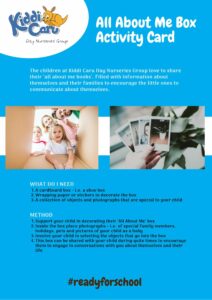
Download
Activity: What’s in the Box?
A fun memory and communicative game to encourage your child to describe what they feel and match it to the correct object in the box.
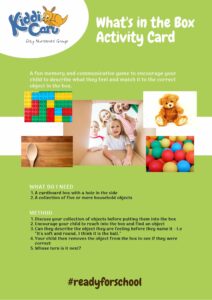
Download
Activity: Clap the Word
Children love to clap along with songs and stories, this activity combines this motion with the syllables in the words to help them recognise words and to spell them in the future.
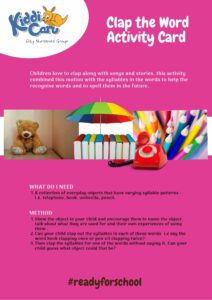
Download
Activity: I Spy
A classic game that requires nothing but the world around you!
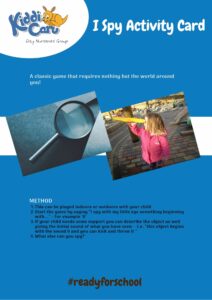
Download
Share this article
Related blog/news
Swipe to see our latest articles.
